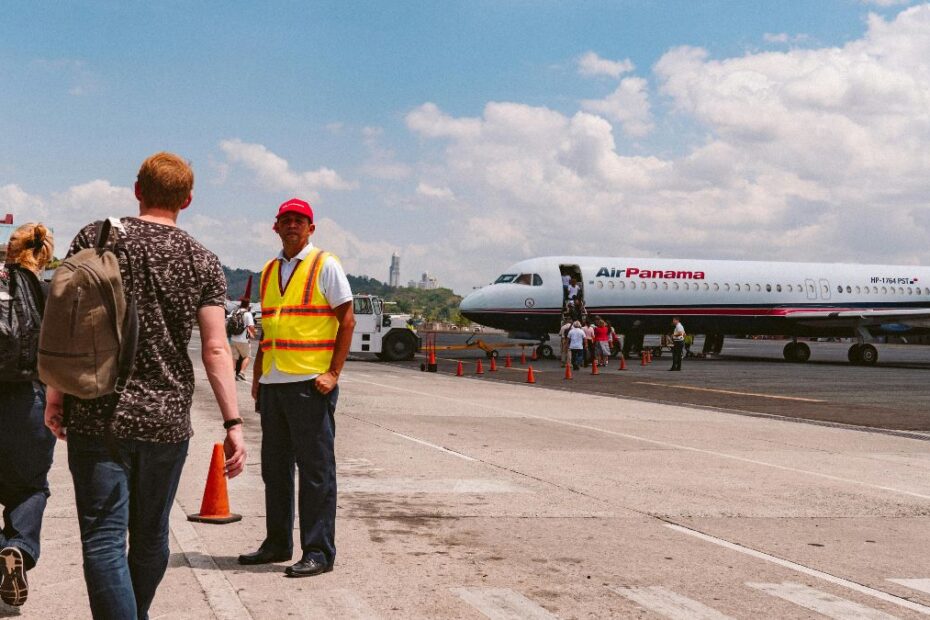Managing money across borders has never been simpler. See how digital banking helps Central American expats stay secure, save on fees, and stay in control wherever they are.
For expats and digital nomads living in Central America, managing money across borders is part of everyday life. Moving funds from home, paying bills in another country, and traveling between destinations are all easier with digital banking. These modern platforms offer global access, lower fees, and strong security, making them ideal for people who live mobile lifestyles and want financial control wherever they are.
The shift toward digital finance mirrors global trends led by institutions like the Bank of Japan, which has long promoted modernization and efficiency in monetary systems. The same principles now guide the rapid expansion of digital banking in Central America, where technology is transforming how people handle money abroad.
Here are five ways digital banking helps Central American expats and frequent travelers simplify their finances.
1. Seamless Currency Exchange and International Transfers
Dealing with different currencies can be frustrating for anyone moving around the region. Digital banks solve this by providing built-in exchange tools with transparent, competitive rates. Money can be converted instantly without the high fees or poor rates of traditional exchange houses.
Instant international transfers are another major benefit. Sending rent to Panama, paying a supplier in Costa Rica, or receiving funds from home can be done in seconds. Real-time exchange updates and lower transaction costs make cross-border banking straightforward and reliable, improving on the slow systems that used to define the region.
2. Security and Fraud Protection
Digital banking is safer than carrying cash, which can attract risk anywhere. Leading platforms use biometric logins, two-factor authentication, and instant transaction alerts to protect users. If a card goes missing in Belize or unfamiliar activity appears in Nicaragua, it can be frozen or replaced immediately in the app.
Many banks also rely on AI-based fraud detection that flags suspicious transactions and verifies them using location data. This gives expats confidence that their accounts are secure, even while traveling through smaller towns or rural areas where banking infrastructure may be limited.
3. Real-Time Control and Budgeting Tools
Managing expenses across borders requires clear insight into spending. Digital banks make this easy with real-time transaction tracking, instant alerts, and budgeting tools that keep users informed.
A remote worker based in San José can check spending on transportation, groceries, and accommodation in multiple currencies within seconds. Many apps also allow users to set travel budgets, create separate accounts for specific expenses, and monitor cash flow daily. This level of visibility encourages smarter spending and better planning, allowing travelers to make informed decisions as they go.
4. Flexible Payment Options and Emergency Access
Expats and digital nomads benefit from having several secure payment methods. Virtual cards, mobile wallets, and digital payment platforms like Apple Pay, Google Pay, and Wise make payments easy and safe without depending on physical cards. Virtual cards can be created, used, and deactivated instantly, offering protection for online purchases or short-term needs.
If a problem arises on the road, digital banks provide quick customer support through chat, email, or international phone lines. Some even allow emergency wire transfers or fast top-ups from linked accounts. This level of flexibility ensures continued access to funds even in unexpected situations.
5. Integration with Travel and Local Services
Modern digital banks now connect directly with travel and lifestyle services. Many integrate flight bookings, travel insurance, and hotel reservations into their apps, reducing the need to switch between platforms.
Across Central America, digital payments are becoming more common. In Costa Rica and Panama, QR code systems are standard in cafes and markets. In Guatemala and El Salvador, mobile wallets are gaining popularity for small purchases and transportation. These integrations make travel easier while helping local businesses embrace secure, cashless payments that promote safety and transparency.
Final Thoughts
Digital banking gives Central American expats and travelers the freedom to manage money globally with local convenience. It provides access, flexibility, and real-time control that traditional banks often lack. Digital platforms have become essential tools for living, working, and exploring across the region, helping people stay connected, secure, and financially independent wherever they are.



